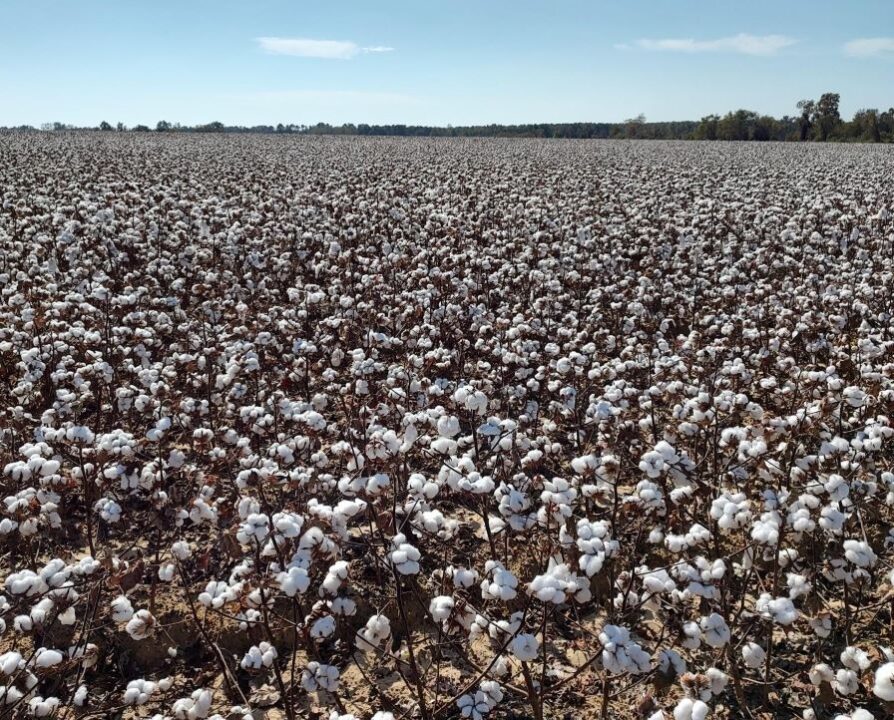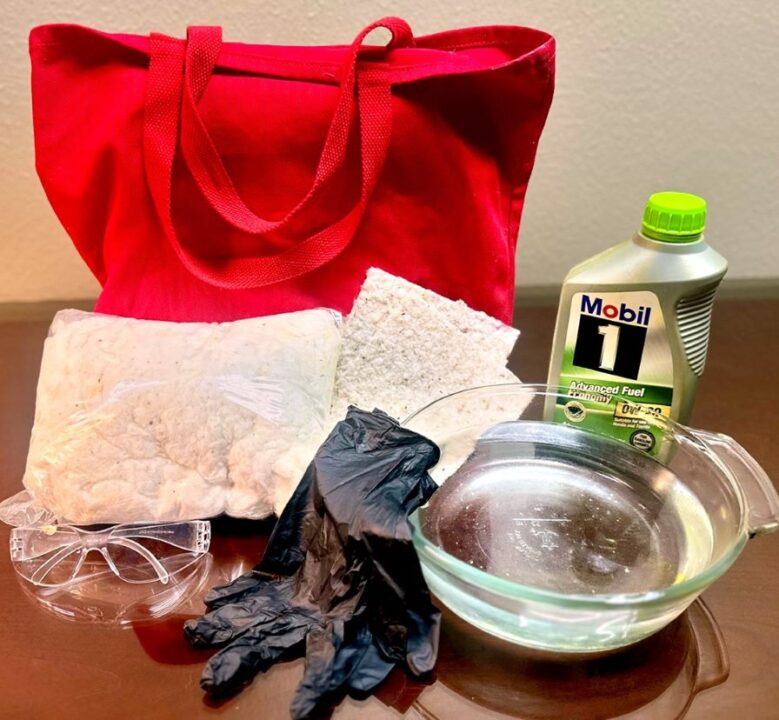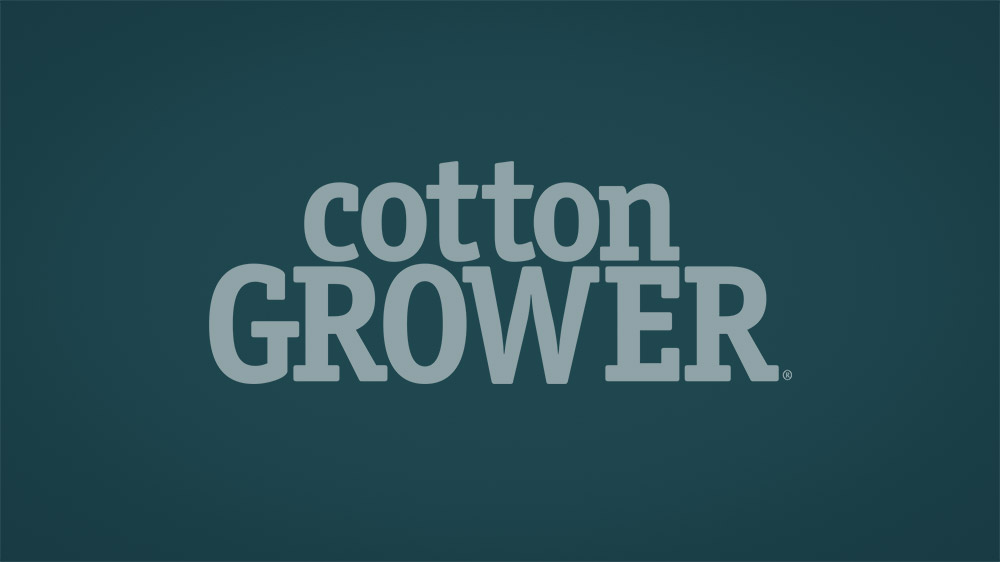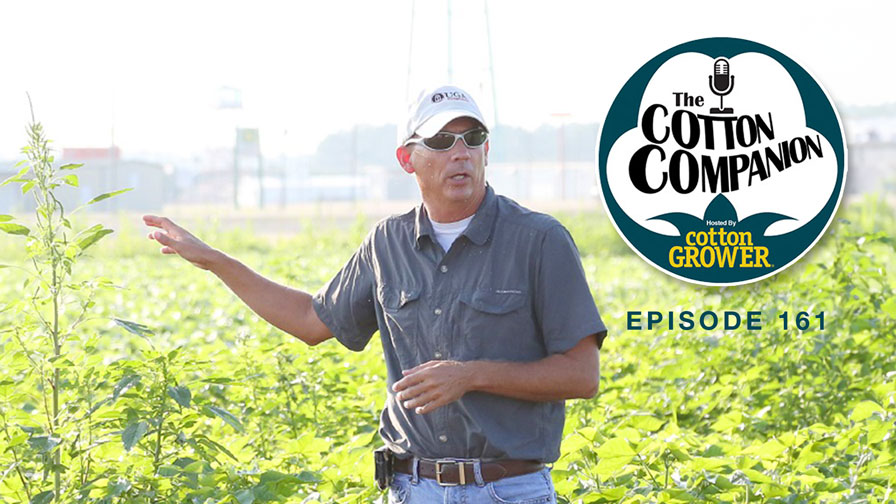NCC Disputes Turkish Actions in Anti-Dumping Investigation
The National Cotton Council (NCC) is disputing the Turkish government’s decision to impose a 3% duty on all U.S. cotton fiber imports into Turkey, effective immediately.
The Turkish action, announced April 16, was based on the results of the country’s anti-dumping investigation of U.S. cotton. Turkey is the second largest export market for U.S. cotton, with shipments ranging between 1.5 and 2.0 million bales annually. The duties – including cost, insurance and freight – automatically put U.S. cotton at a competitive disadvantage to cotton produced in other countries and seriously jeopardizes business with Turkish mills.
NCC Chairman Shane Stephens said the investigation, which was initiated in October 2014, was clearly in response to several U.S. trade investigations of Turkish steel imports. He noted that the Turkish government, in an unusual move, self-initiated the investigation without any showing of special circumstances as required under World Trade Organization (WTO) rules.
“In the first place, the investigation itself lacked transparency regarding information used to justify the investigation,” Stephens said. “In fact, data used in support of a finding of injury to the Turkish domestic cotton market ignored established facts to the contrary.”
Stephens said that the Council submitted ample evidence showing that Turkey’s cotton market has experienced price declines due to the same factors affecting cotton markets worldwide. He said, for example, government policies in developing countries and competition from manmade fibers have contributed to stagnant global demand, increased stocks and lower cotton prices.
“Unfortunately, the import duties only compound the difficult economic climate facing U.S. cotton growers and merchandisers,” Stephens stated. “The Council will continue to actively oppose the imposition of duties and is exploring ways to reverse the decision, such as WTO mechanisms and the Turkish judicial system.”
Source – National Cotton Council








